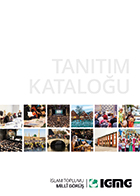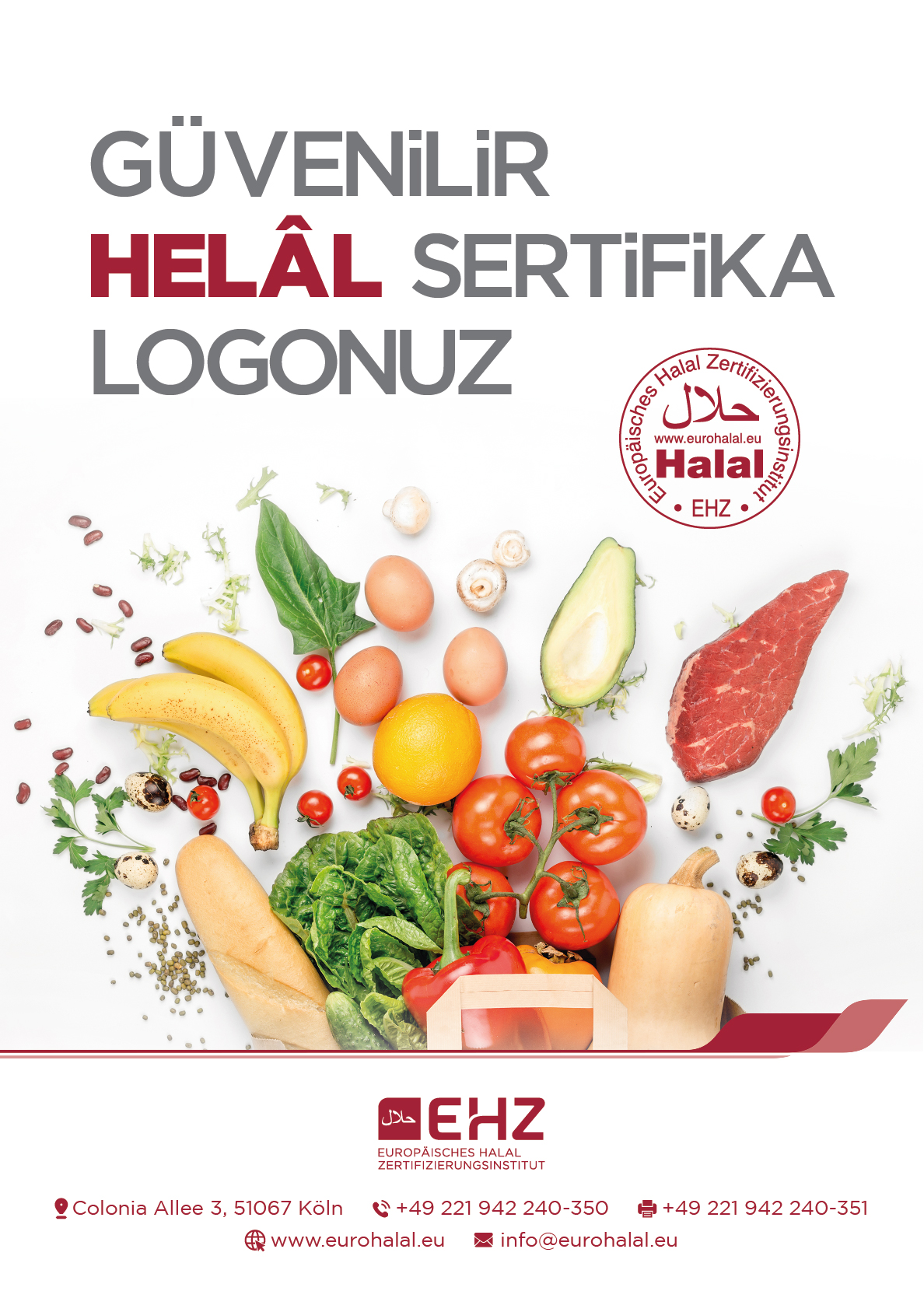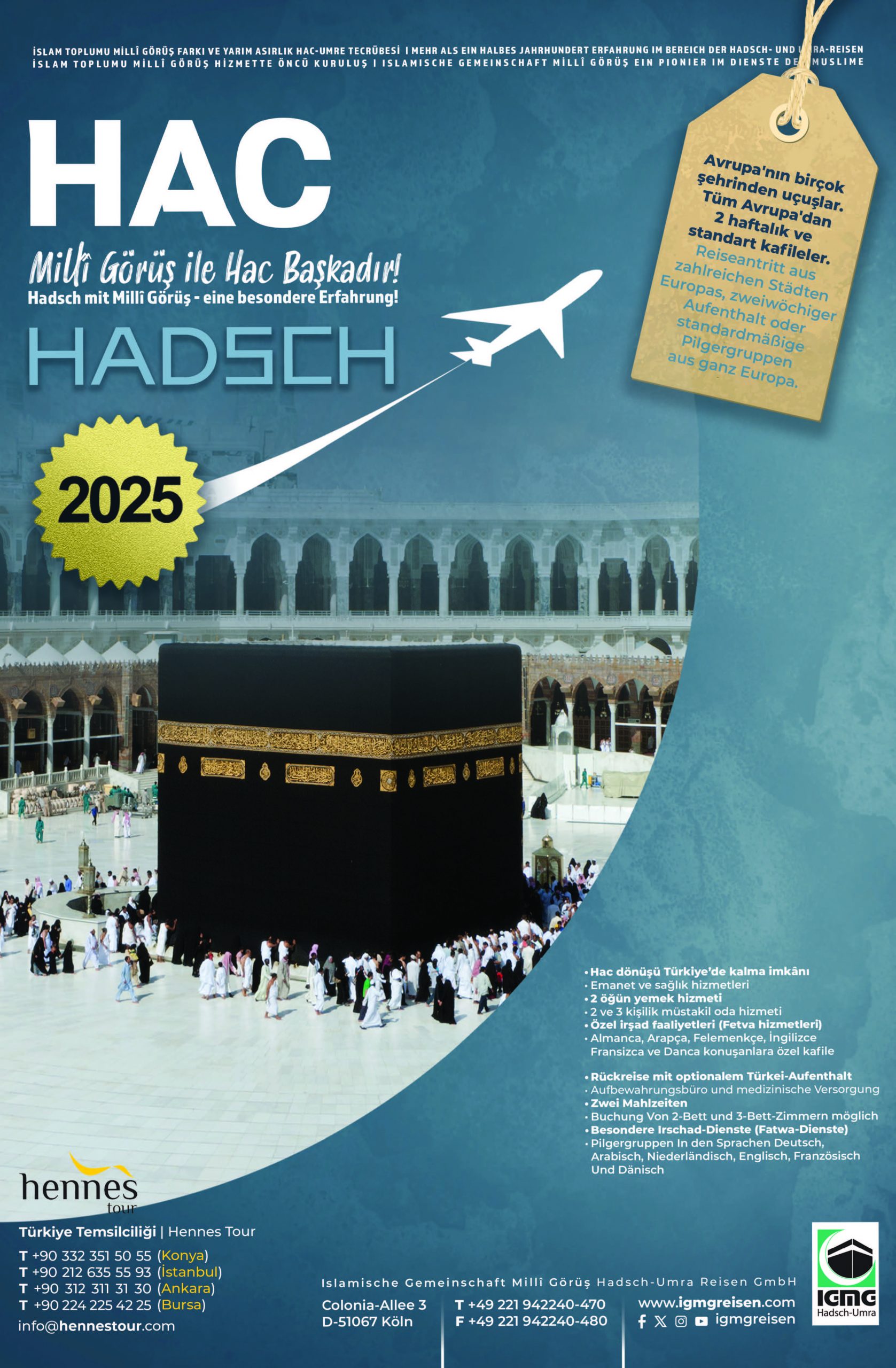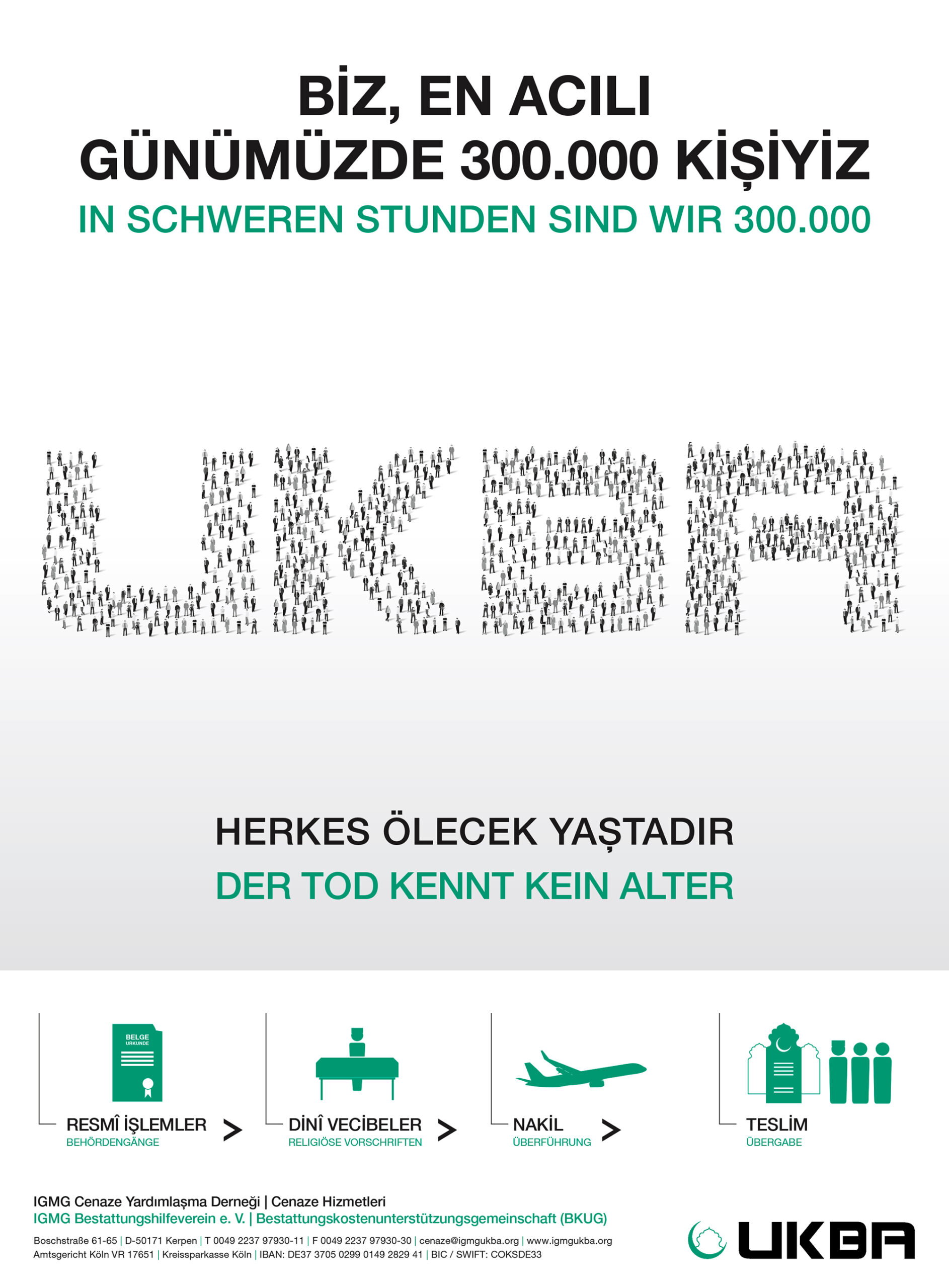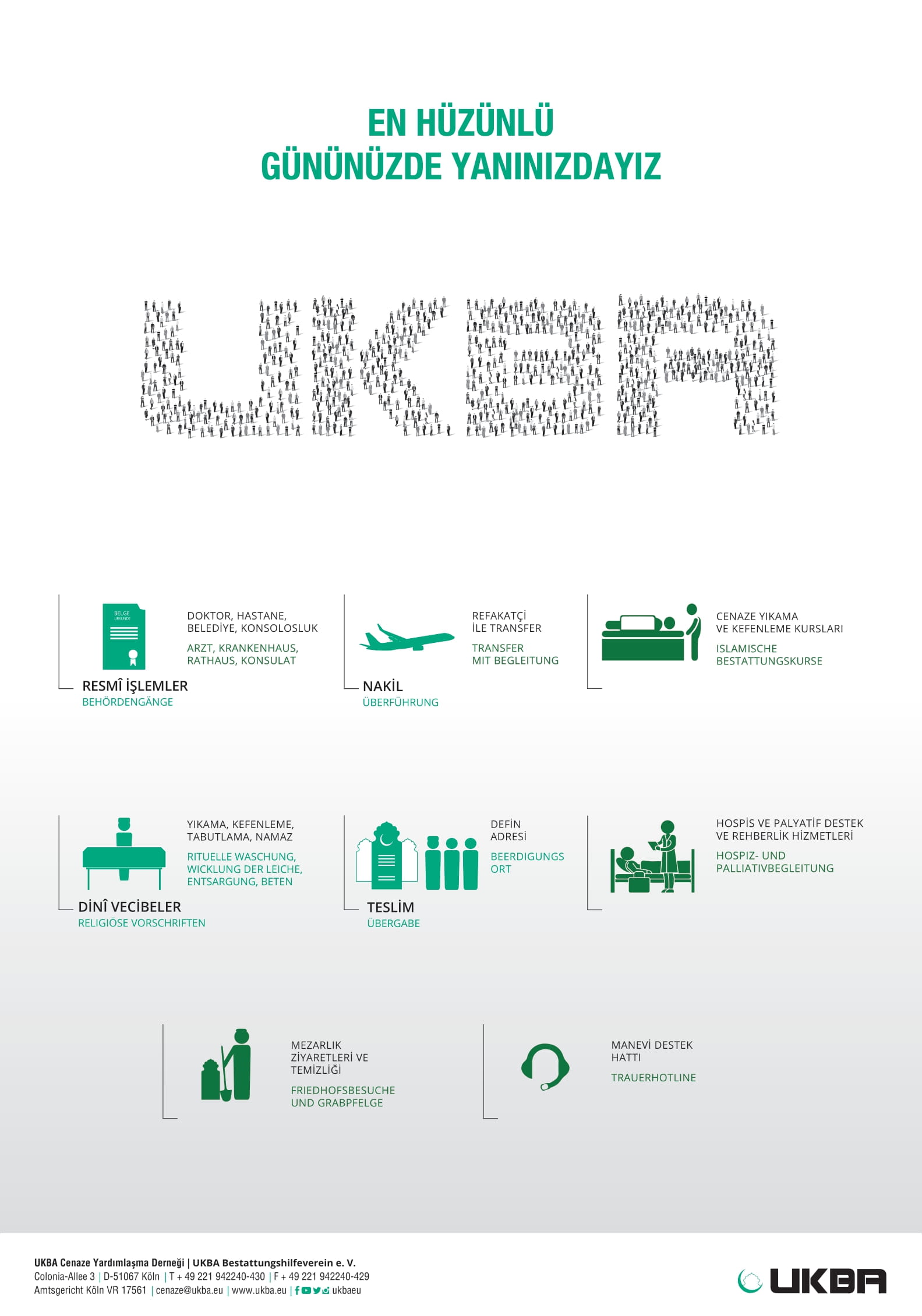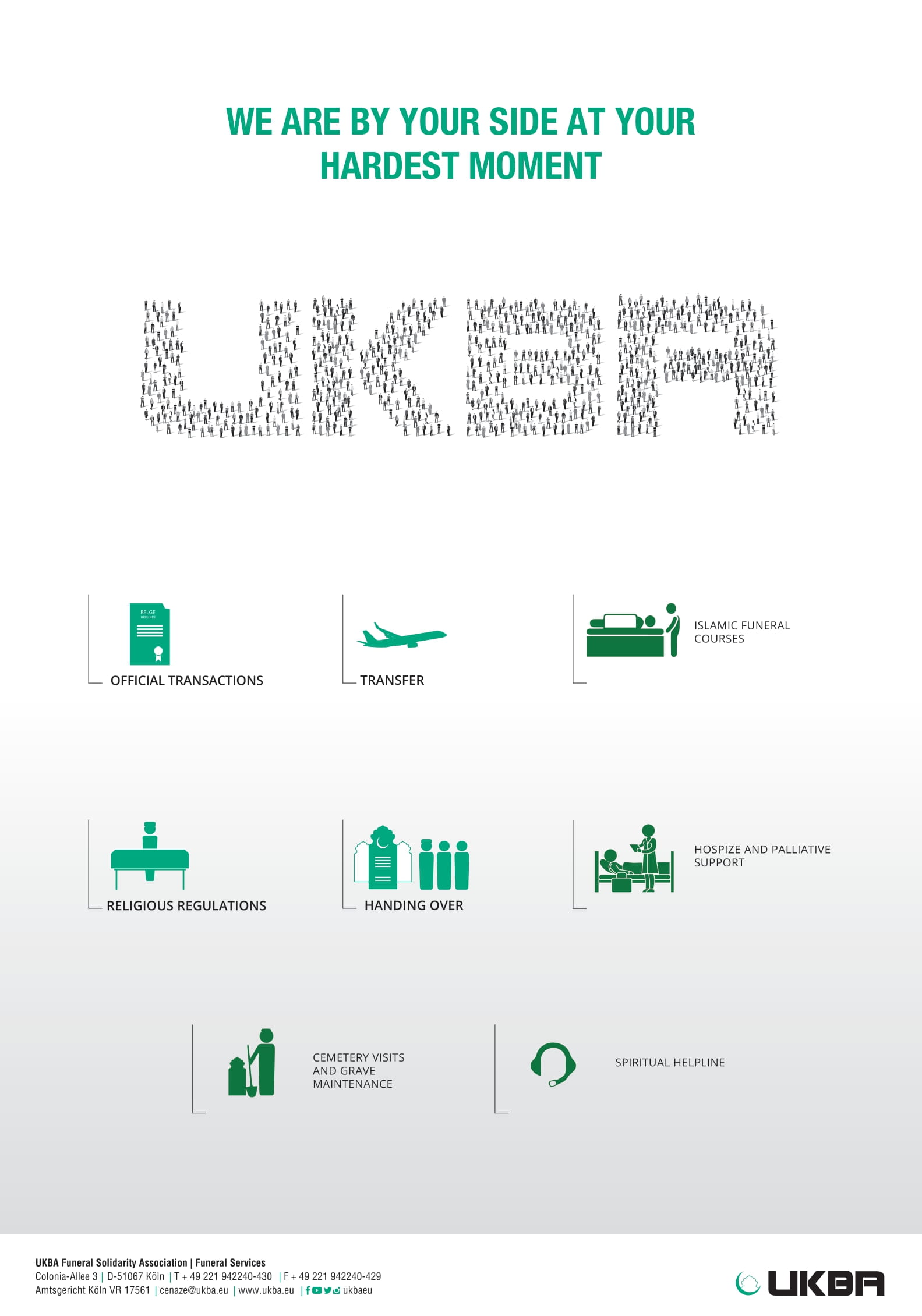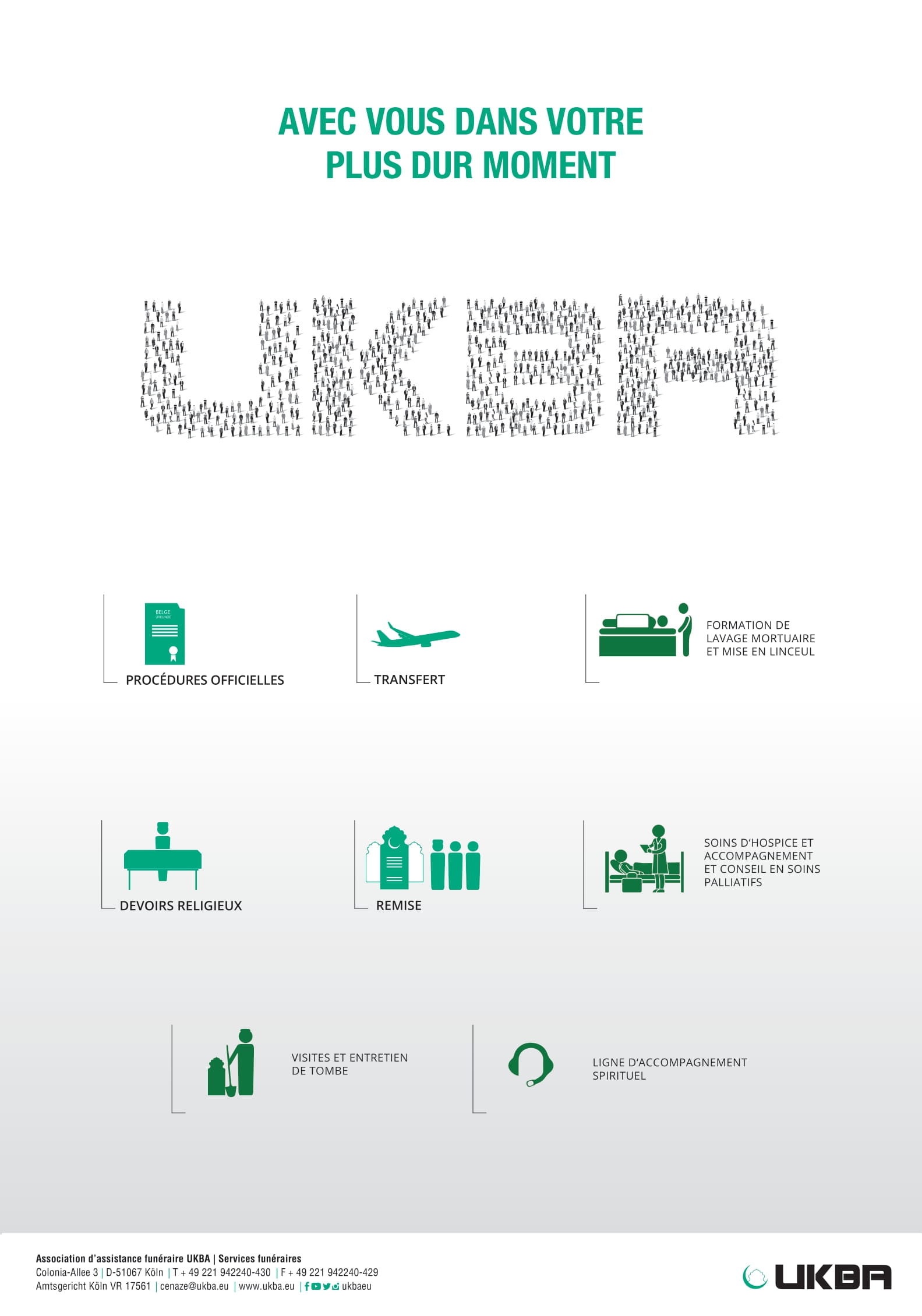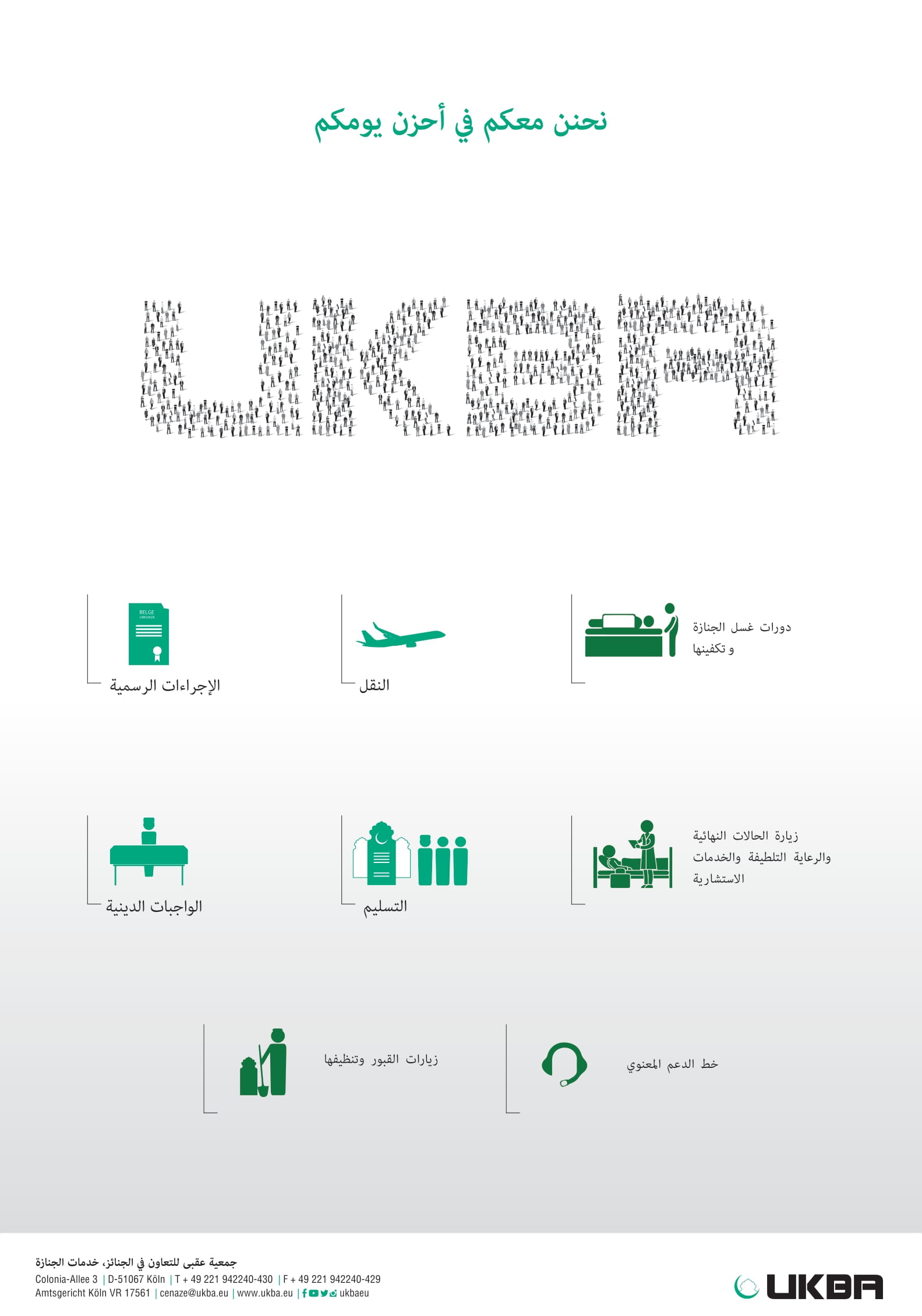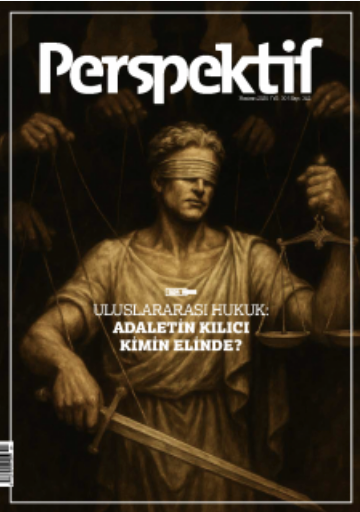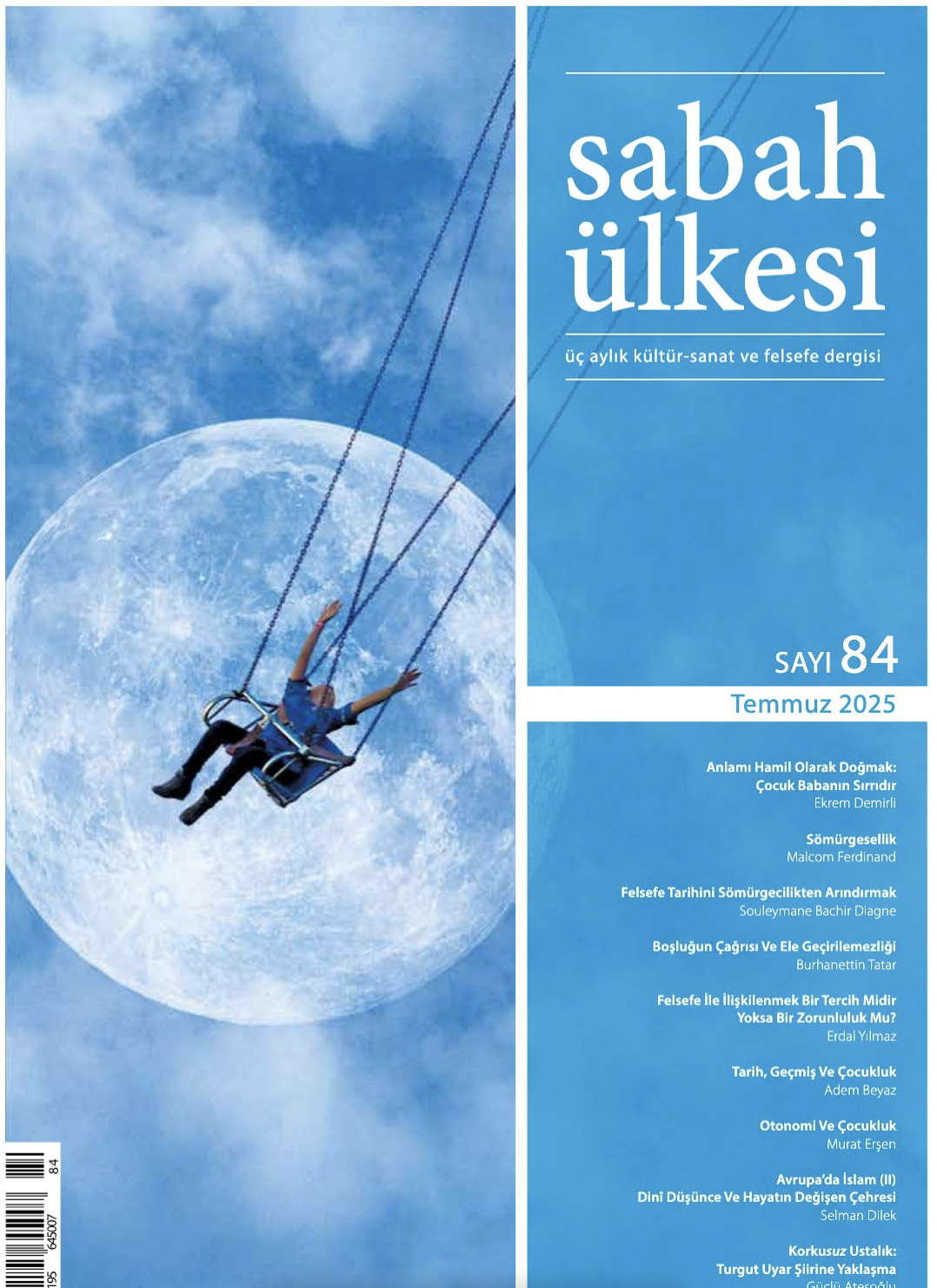Friday Khutba
Khutba: Living A Halal Life
19. May 2022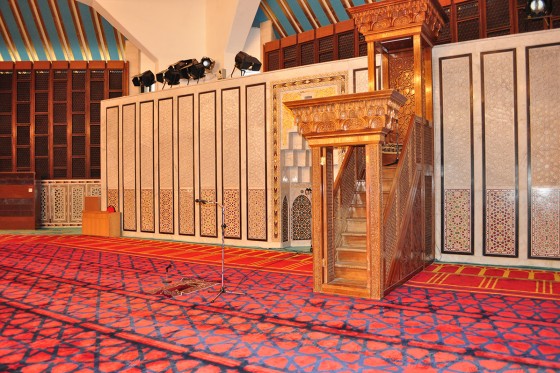
Dear Brothers and Sisters!
The concepts of halal and haram are among the most important concepts of our religion, Islam. In general, actions that are religiously permissible are called halal, and actions that are religiously forbidden are called haram. A Muslim who observes Allah’s orders and prohibitions tries to stay away from what is haram and in search of what is halal throughout their lives. On this note Allah (swt) says, “O mankind, eat from whatever is on earth [that is] lawful and good and do not follow the footsteps of Satan. Indeed, he is to you a clear enemy.”[1]
Dear Brothers and Sisters!
Allah (swt), who does not leave man without an example and without a guide, has drawn the criteria and limits of halal life to seek the clean and halal and not to go to excess and waste in this regard. Allah (swt) says in the Quran: “O you who have believed, eat from the good [i.e., lawful] things which We have provided for you and be grateful to Allāh if it is [indeed] Him that you worship.”[2] Our Prophet Muhammad (saw) also says in this regard as follows: “The halal is that which Allah has made lawful in His Book and the haram is that which He has forbidden, and that concerning which He is silent He has permitted as a favour to you.”[3] He did not leave us alone in knowing halal and haram, but conveyed goodness, beauty and truth; On the other hand, we cannot thank Allah (swt) enough for showing us evil, ugliness and wrong.
Dear Brothers and Sisters!
A Muslim must put Allah’s consent at the centre of their entire life. They should be aware that He will give an account of what they have done in this world in the hereafter. In fact, they should be determined to spend the life granted by Allah (swt) in the way of Him. Agin, Allah (swt) mentions in the Quran “Say, “Indeed, my prayer, my rites of sacrifice, my living and my dying are for Allāh, Lord of the worlds.”[4] Therefore, living and trying to gain his consent requires having halal and haram sensitivity.
Dear Jama’ah!
When it comes to halal and haram, we need to know that it is not limited to eating and drinking only. Of course, we will take into account the orders and prohibitions of Allah (swt) when we eat and drink. However, we should have halal and haram awareness in all areas of life. Just as we seek halalness in what we eat, we should also consider halal when we earn and spend. Rasulullah (saw) said; “There will come a time when a person will not care whether he obtains his goods from halal or haram.”[5] Therefore, in Islam, there are measures about the halalness of what we eat and drink, as well as measures about where and how our earnings will be spent. At the beginning of this is to avoid wastage. Wastefulness is extremism and it is forbidden in our religion because it is excessive. In this regard, it is essential to comply with the limitation set by Allah (swt). In eating, drinking, earning, spending, dressing, traveling, holidaying, what is needed should be preferred, not wasted. Even if we are wealthy, we choose a humble life by choosing as much as we need. Paradise is promised to those who seek and prioritise the pleasure of Allah (swt) in their lives, in which they will stay forever.
May Allah (swt) make us one of his servants who take care of halal and haram in their lives, and who are happy both in this world and in the hereafter. Ameen!
[1] Surah Al-Baqarah, 2:168
[2] Surah Al-Baqarah, 2:172
[3] Tirmizî, Libâs, 6; İbn Mâce, Et’ıme, 60
[4] En’âm suresi, 6:162.
[5] Buhârî, Büyû, 23
